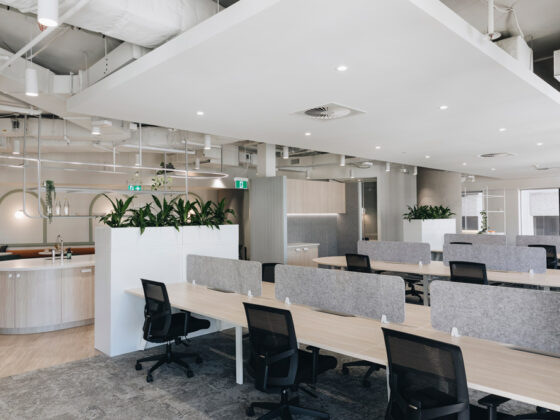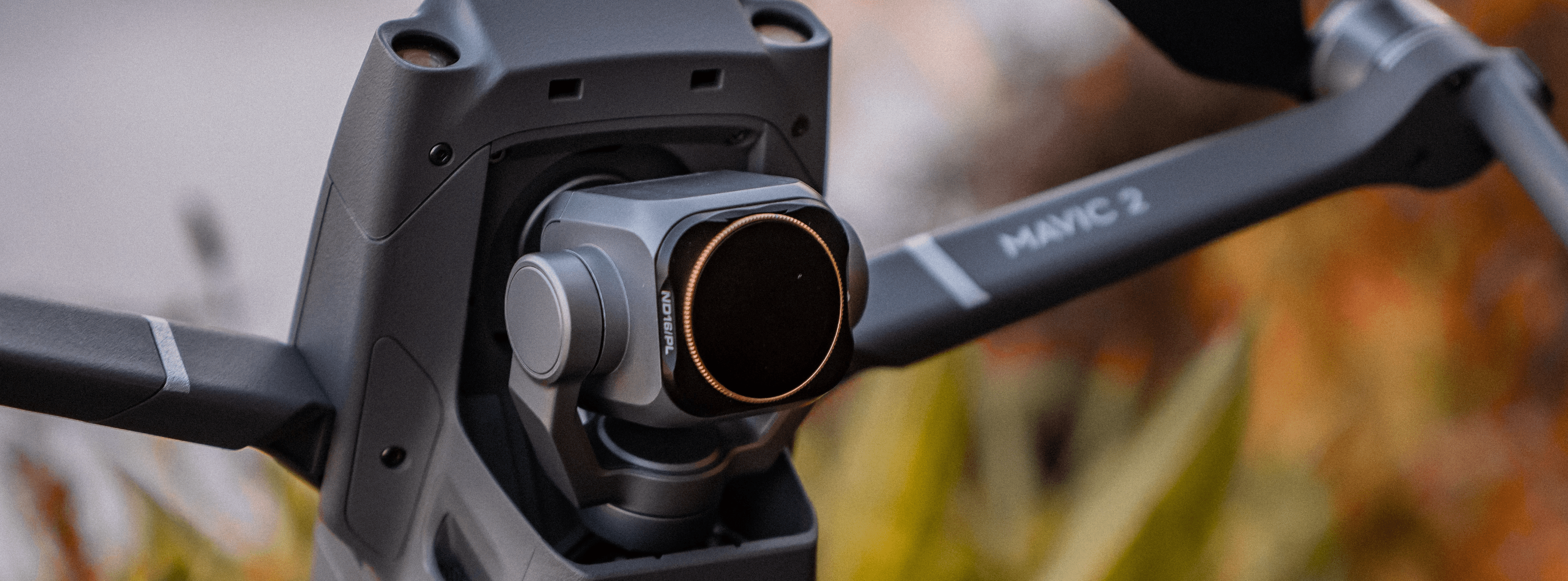Stress is most definitely a factor that every office worker deals with once in a while. The bitter truth that it’s unavoidable, but there are still ways to cope with it and not let it get us down. How to deal with stress at work is a recurring question, and the answer is quite extensive as it includes both mental and physical ways of handling stress. And these ways are quite numerous and show that both employees and employers can do something – quite much, actually – about stress in the workplace.
Manage stress
Stress in the workplace can kill even the best of teams
When it comes to teamwork, there’s always this one member that foils even the greatest of efforts. This member is present on every team. Its name is stress. Successful teamwork can reduce the level of work-related stress by giving employees greater control over their work environment and offering them a sense of agency in acting towards a shared goal. However, when teams don’t have the right infrastructure – or conditions – to do get their job done effectively, stress may take over and ruin their efforts.
Work stress and productivity
Even though managing stress at work is certainly the right way to go, it needs to be said aloud: stress in life is necessary, and sometimes it can even be a good thing. The key is to keep it at the right level. When there’s too much of it at work, it can lead to lack of energy, lack of focus, constant worry, reduced creativity, and may even have negative effects on personality! From an organizational perspective, in turn, greater stress levels cause higher staff turnover, tardiness, and poor performance in general. Sounds serious, doesn’t it?
How to manage stress at work
Fortunately, there is a number of things we can do to cope with stress at work. American Psychological Association offers a nice list of the most crucial aspects in managing work-related stress: track your stressors, develop healthy responses, establish boundaries, take time to recharge, learn how to relax, talk to your supervisor, and get some support if necessary.
Proper work-life balance
When work gets overwhelming, we tend to do as much as possible as quickly as possible, which may work in the short run, but eventually will lead to fatigue and irritation, and this will affect not only our performance at work, but also our personal life. It’s really important to keep everything in the right proportion.
Eat and sleep well
Healthy body, healthy mind. As simple as that. Do make sure to treat your body with the respect it deserves. After all, it’s a tool you use on a daily basis, so it’s all the more reasonable to keep it in the best shape and condition possible.
Prioritize your tasks
In order to move on with your everyday responsibilities, you may need a plan that will help you keep things organized and under control. This will also let you track your progress and give you a sense of satisfaction when you manage to tick off everything on the list.
Eliminate work interruptions
Distractions at work can be your worst enemy. They slow you down, break your focus, and steal your time, which then results in longer office hours even though the to-do list doesn’t seem to get shorter. Focus on the task at hand, get it done, and enjoy more time for yourself.
Plan your breaks ahead
Another important thing is taking breaks. But breaks should be planned ahead, not taken spontaneously, as a reward for just spending time at the computer. Breaks work if there’s something to actually take a break from. If you take a break from idle time in the workplace, you will neither recharge your batteries nor get anything done. So, to paraphrase – rest smart.
These are some bottom-up initiatives we can take, but there are also top-down actions that every employer should consider. And they may include providing employees with office solutions that can help them protect themselves from stressors in the workplace when they really need it. Office pods like the hushHybrid by Hushoffice can work wonders in crowded offices by becoming both effective chill-out zones and spaces to get some more demanding heads-down work done without interruptions.







